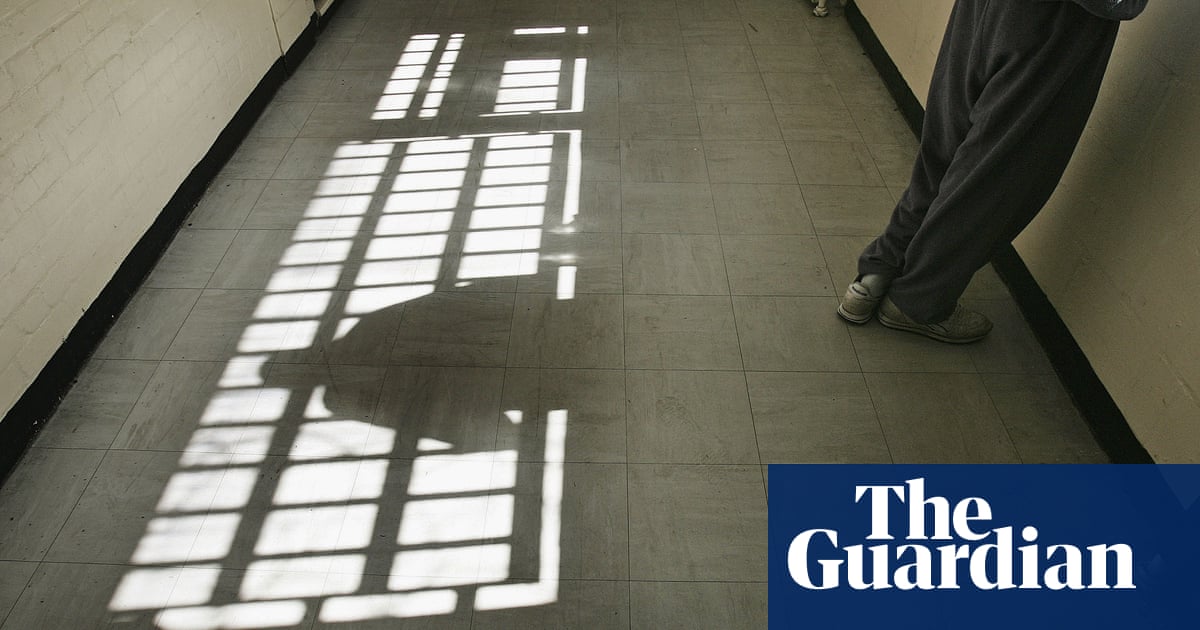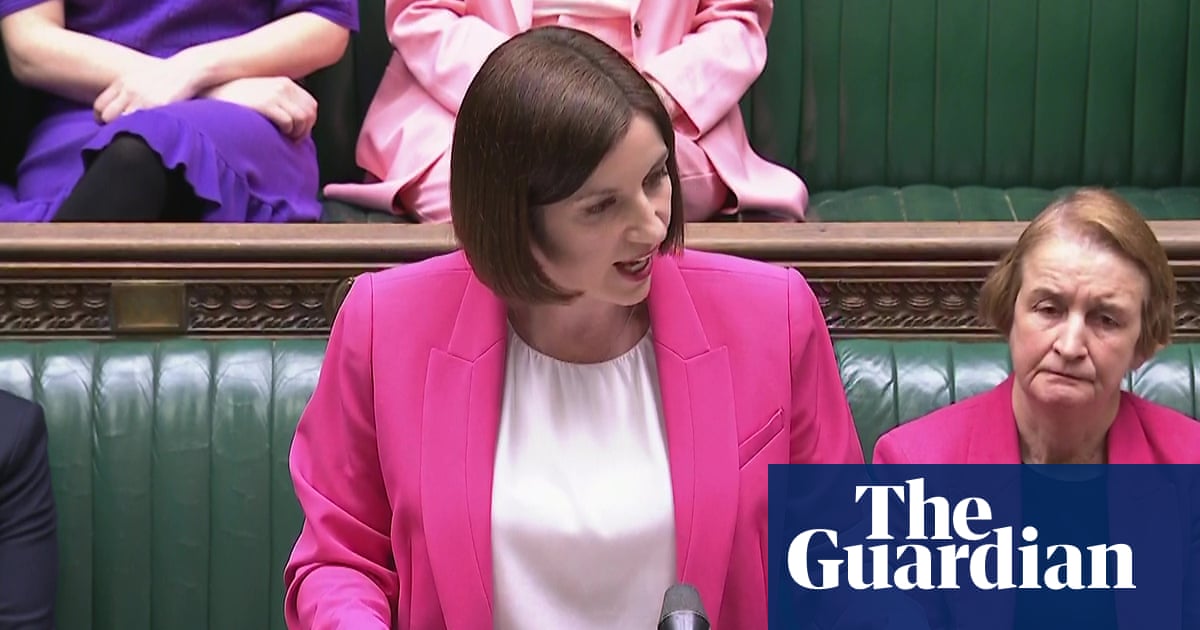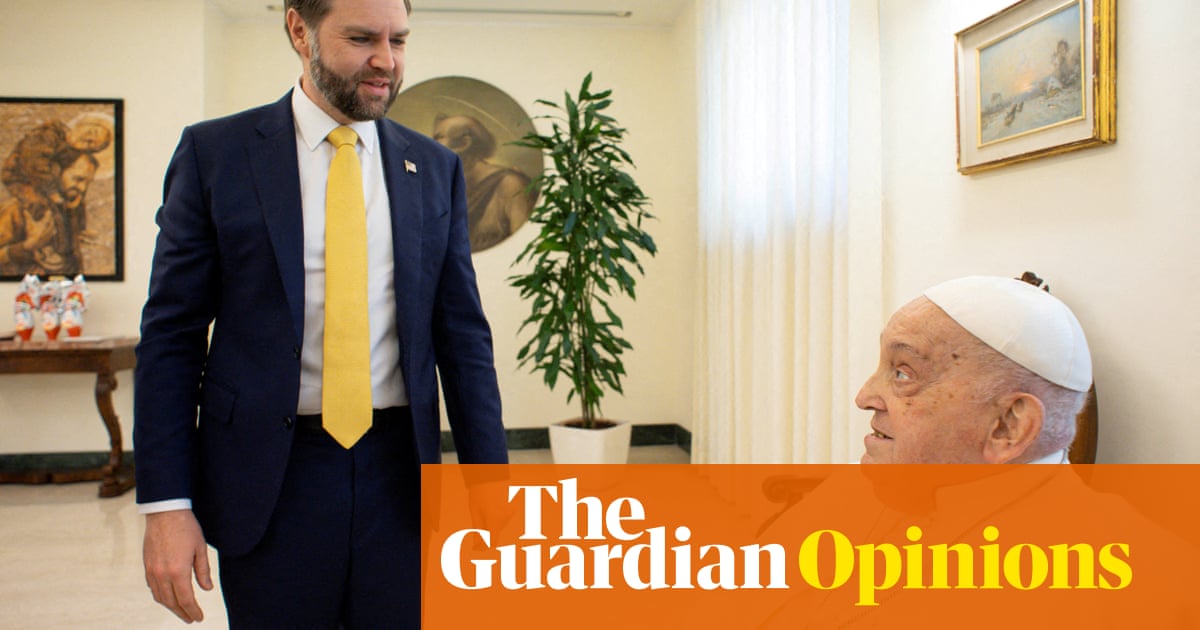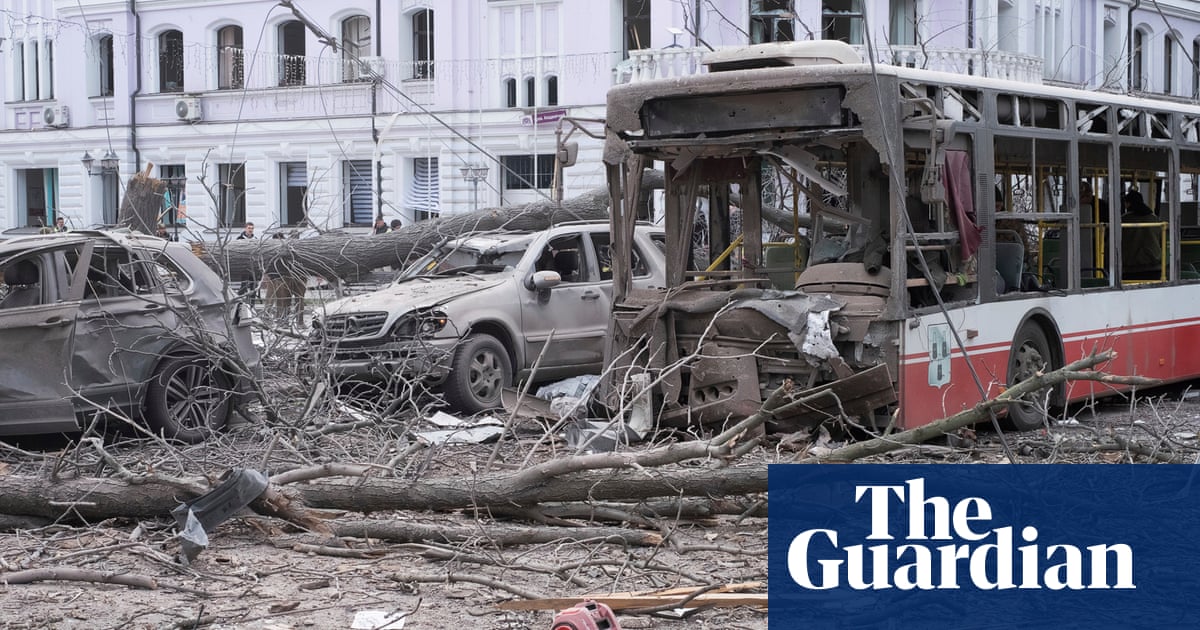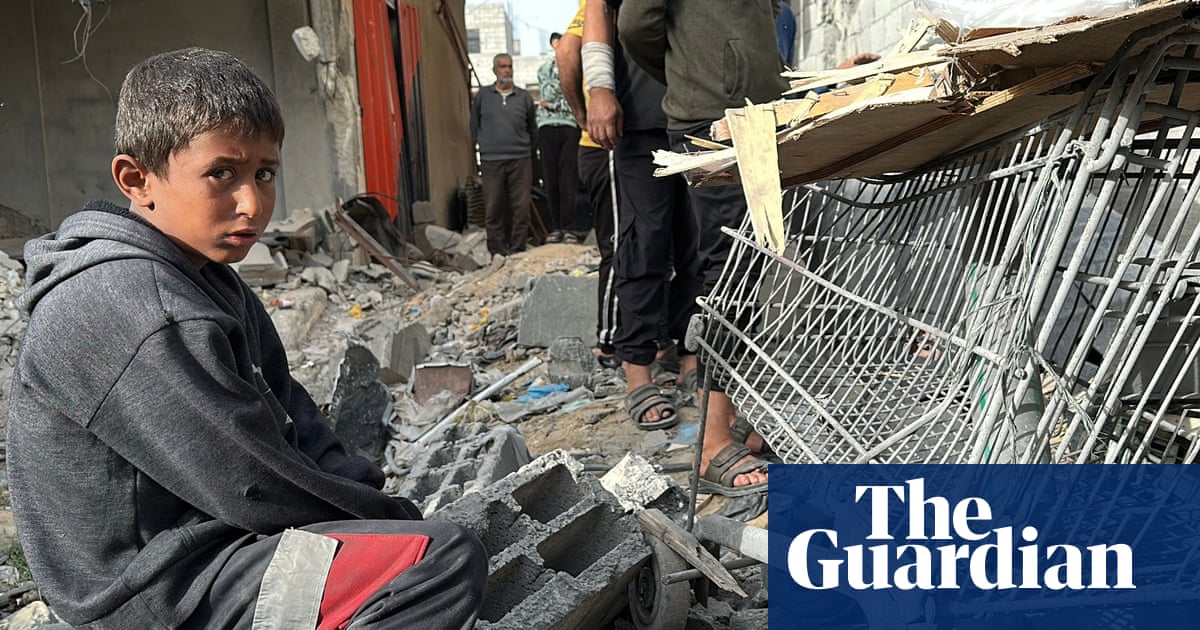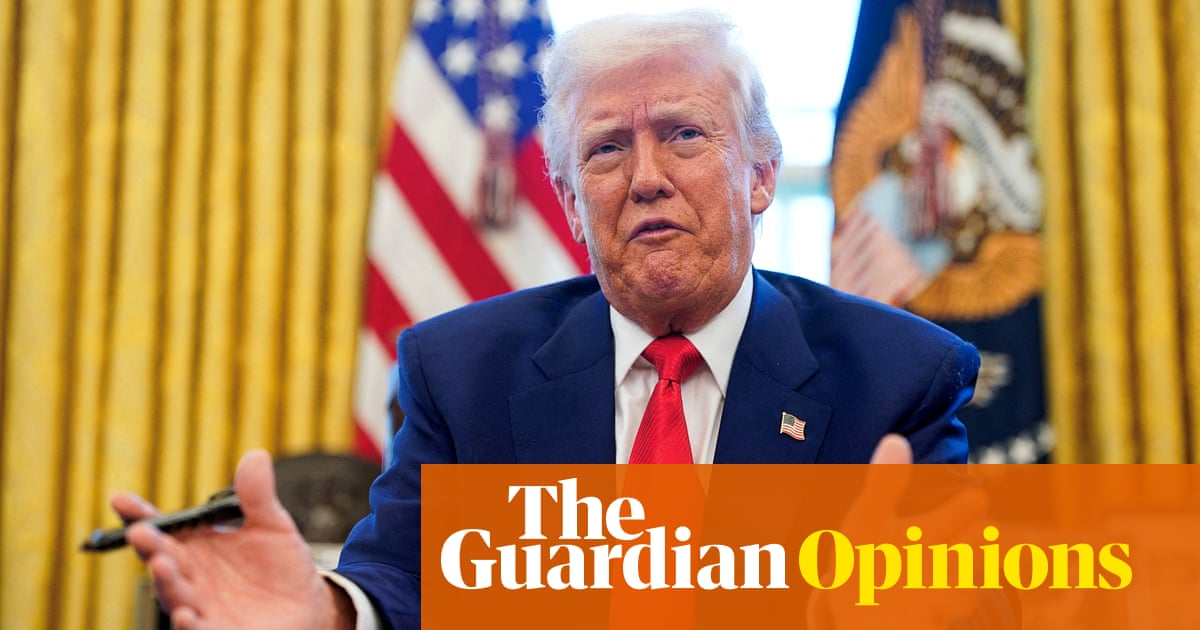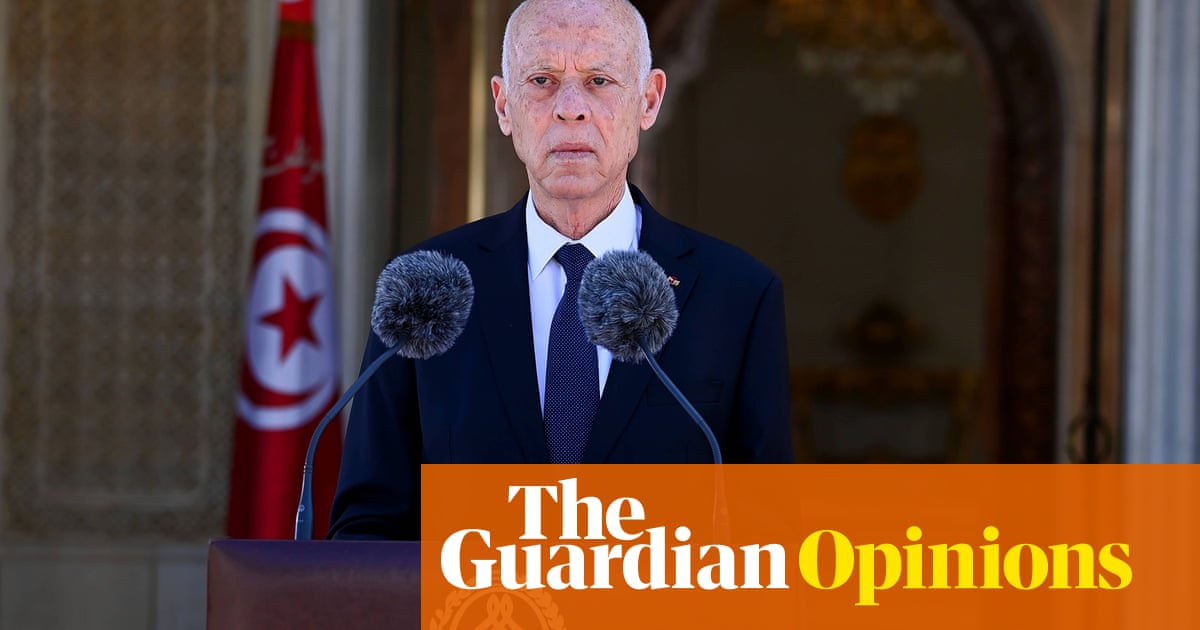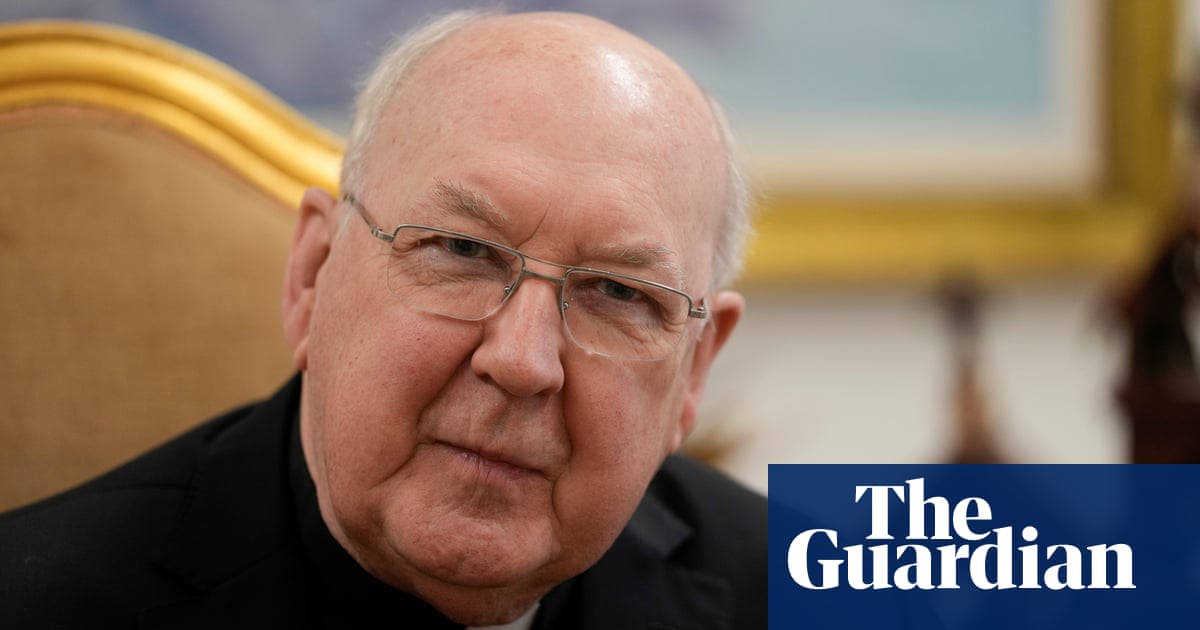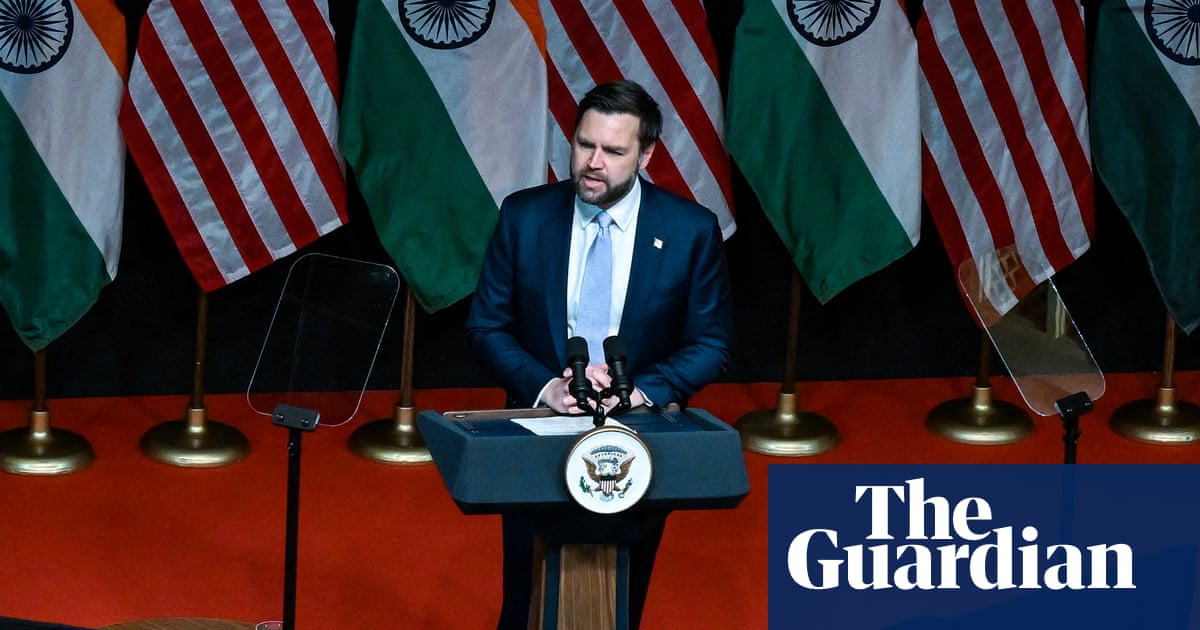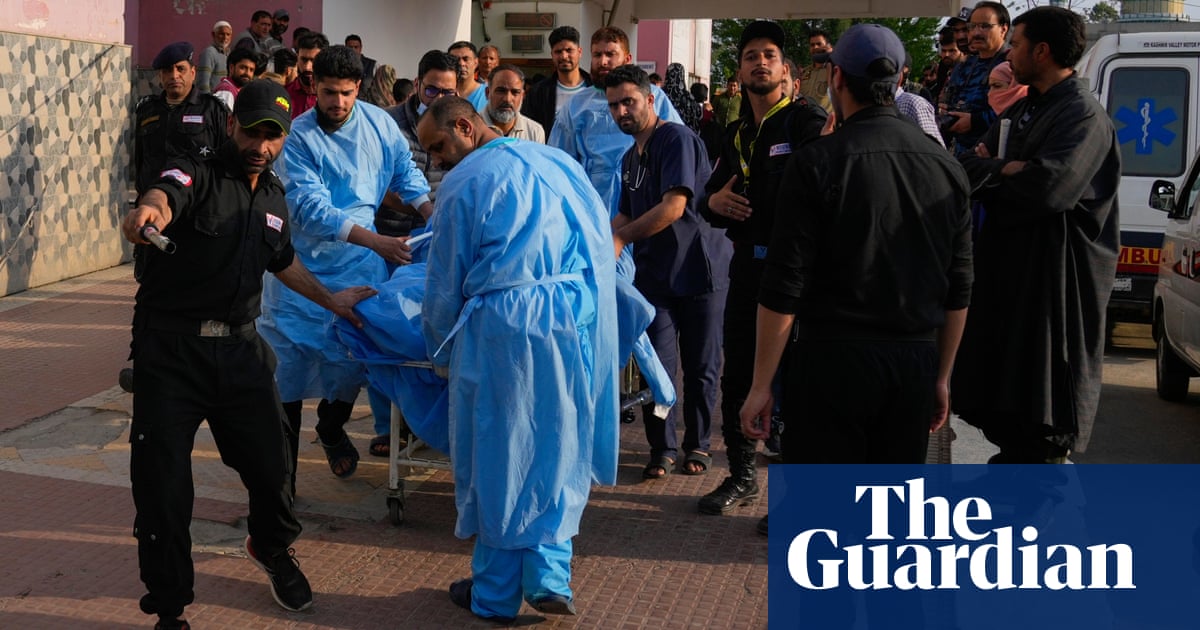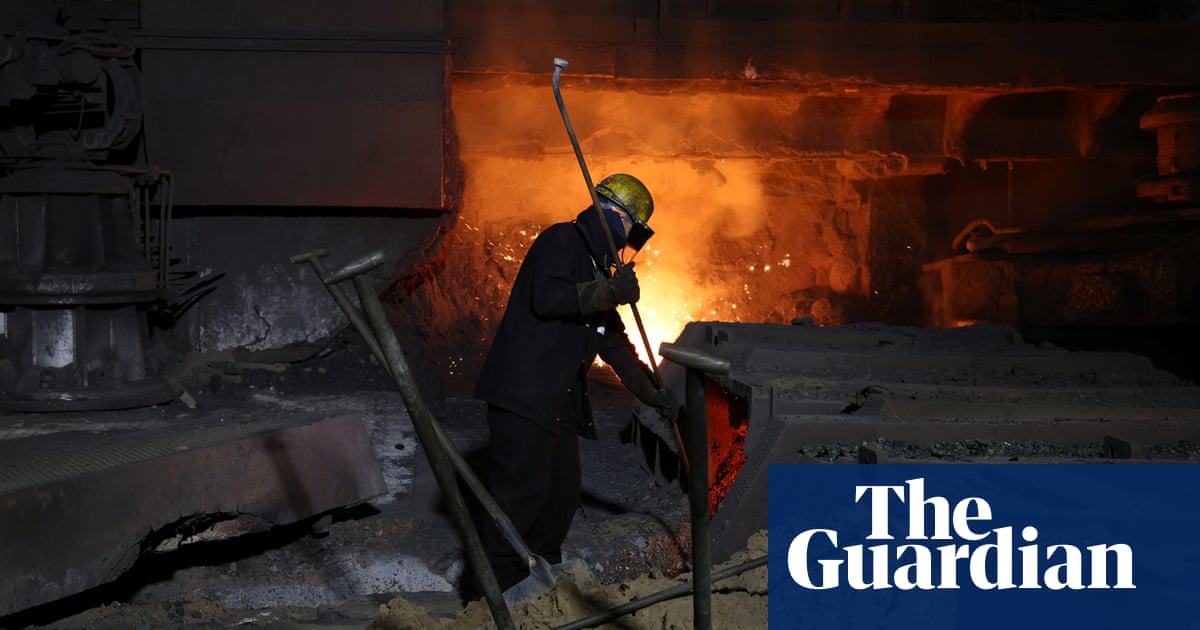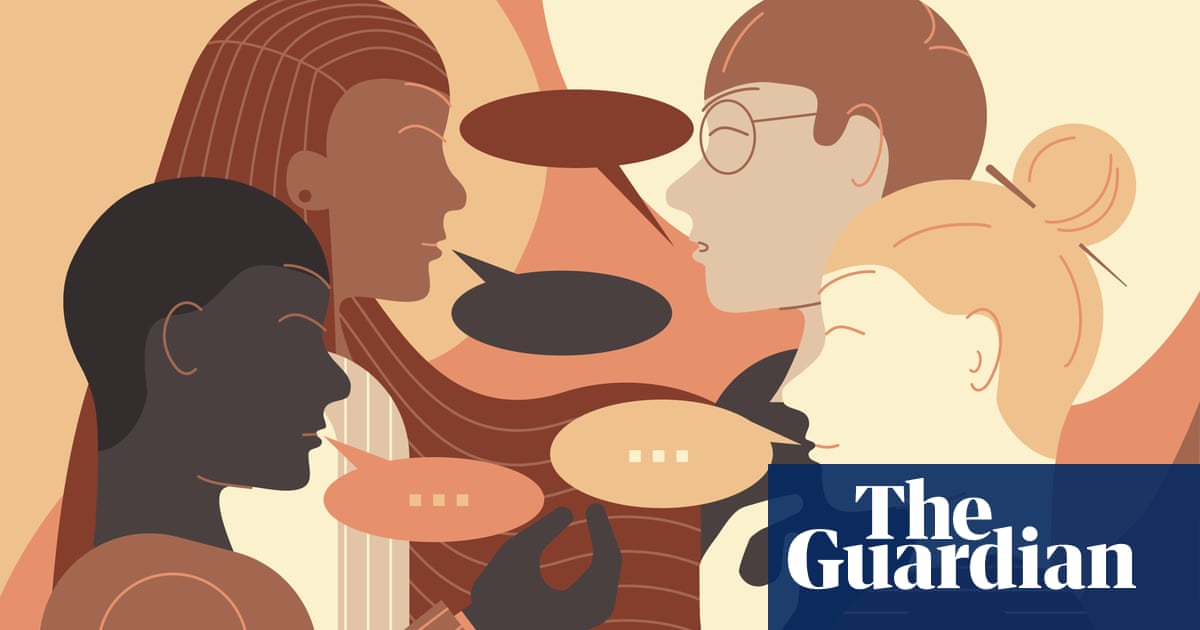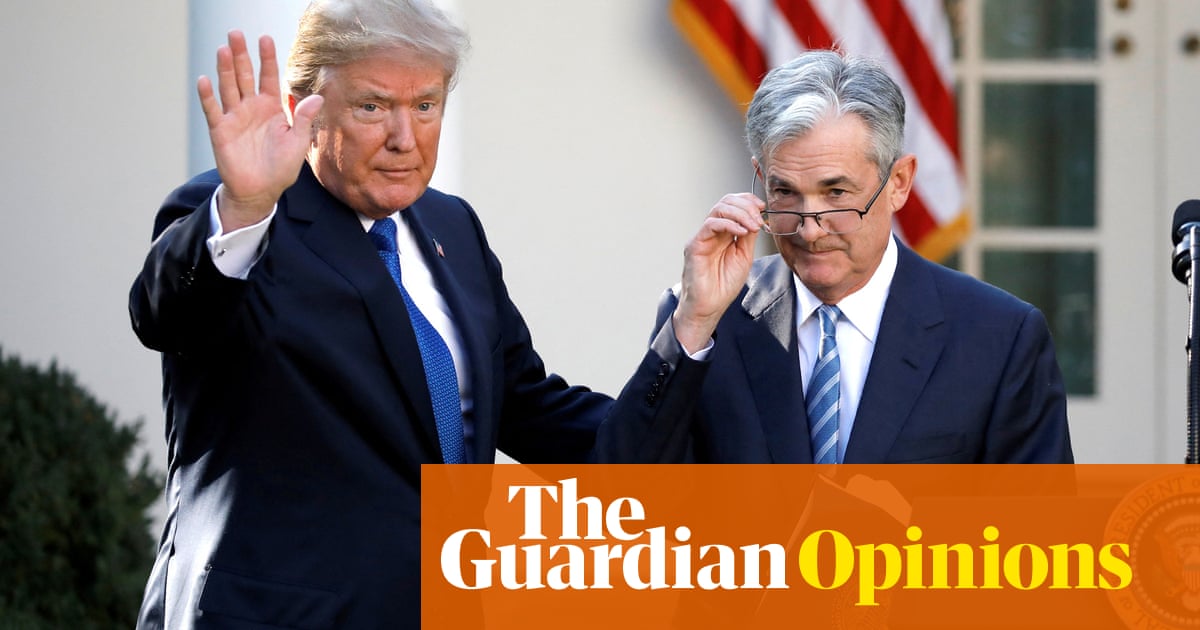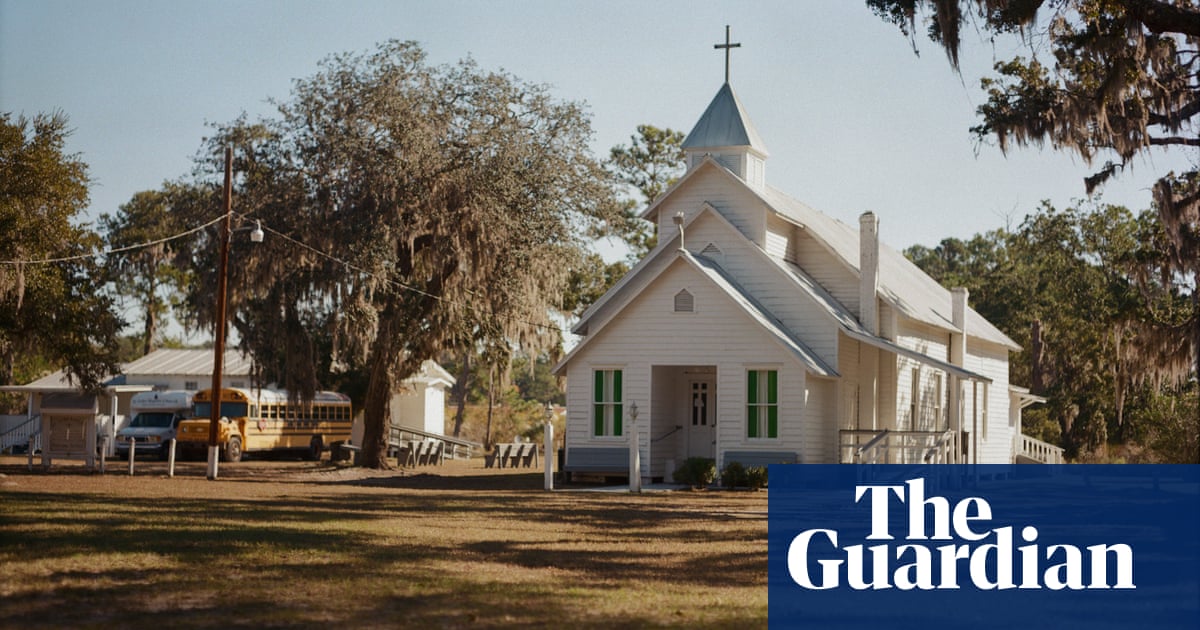Memory is fragile. A decade ago, 300 survivors gathered at Auschwitz to commemorate the Nazi death camp’s liberation. On Monday, 50 will assemble for the 80th anniversary. The median age of Holocaust survivors was estimated at 86 in a study published last year. At 97, Esther Senot is still keeping the promise she made to her dying sister Fanny, whose last wish was that she “tell what happened to us ... so that we are not forgotten by history.” Almost 1 million of the 6 million Jews murdered in the Holocaust were killed at the complex in German-occupied Poland, along with smaller numbers of Poles, Roma and Sinti, Soviet prisoners of war, gay men, political prisoners and others. Its name has become synonymous with evil.
The Auschwitz museum’s decision to ban speeches by politicians this year may be in part pragmatic. Holocaust memory has too often been a battleground in Poland. The museum’s mission stands above politics, yet cannot be wholly insulated from global affairs. Vladimir Putin has attended in the past, but there will be no Russian presence this time. Earlier this month, Poland’s deputy foreign minister appeared to suggest that authorities would be obliged to arrest the Israeli prime minister if he travelled to the ceremony, because the international criminal court has issued a warrant for Benjamin Netanyahu’s arrest for alleged war crimes in Gaza. The Polish prime minister, Donald Tusk, insisted Mr Netanyahu would be able to attend safely, though Israel’s delegation is not expected to include him.
But the museum’s decision also ensures a welcome focus upon the words of survivors themselves, and upon all those they mourn and represent – the parents and children, friends and lovers who were obliterated. Though their numbers are fast dwindling, their testimony is as resonant and urgent as ever. “Never again” was the demand first made in 1945, by survivors of Buchenwald. But genocides have happened again and again. This year marks, too, the 30th anniversary of the slaughter of Bosnian Muslims in Srebrenica.
The Holocaust Memorial Day Trust warns that antisemitism has increased substantially in the UK and globally since the 7 October Hamas attacks and the war in Gaza, and that extremists are seeking to exploit these to incite Islamophobia. The far right is on the rise across Europe, including in Germany. Last Monday the world’s richest man, Elon Musk, gave what were widely seen to be two Nazi salutes as he celebrated the US presidential inauguration. Earlier this month he hosted Alice Weidel, leader of Alternative für Deutschland, for a conversation on X in which she suggested that Hitler “was a communist, socialist guy, and we are the opposite”. President Trump himself has adopted fascist rhetoric in railing against “vermin” and accusing immigrants of “poisoning the blood” of the country.
Antisemitism and other forms of bigotry never vanished. Now they flourish. True believers are emboldened; others go along with them from ambition or indifference. “Functionaries”, suggested Primo Levi – another survivor of the death camp – are more numerous and therefore more dangerous than monsters. Dehumanisation rarely leads to genocide, but all genocides begin with dehumanisation. When a vague, latent belief that “every stranger is an enemy” becomes “the major premise in a syllogism, then, at the end of the chain, there is the Lager [concentration camp]”, Levi wrote.
There is also a path away from Auschwitz, and it begins with remembering what happened there.

.png) 2 months ago
52
2 months ago
52
